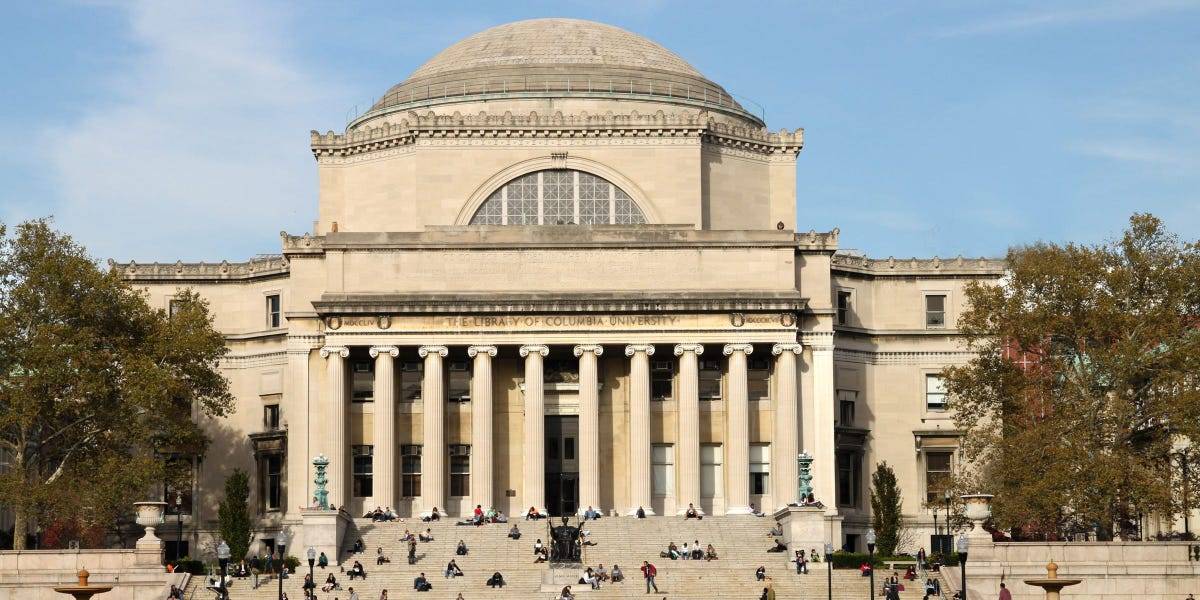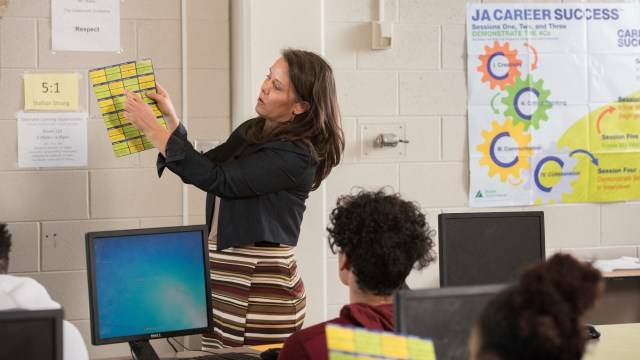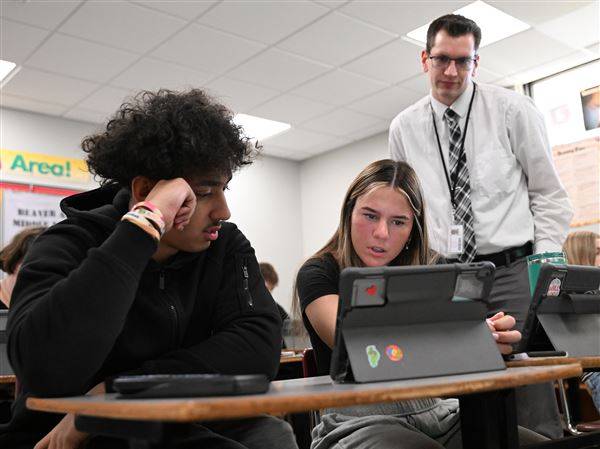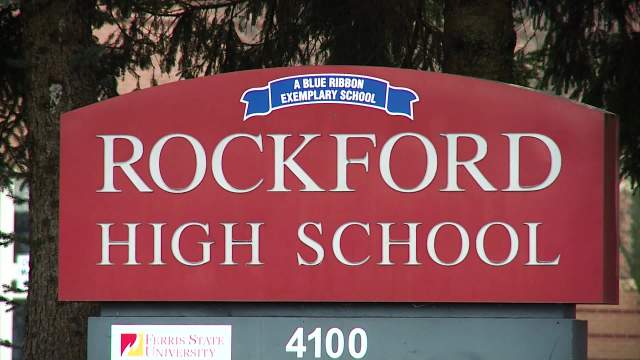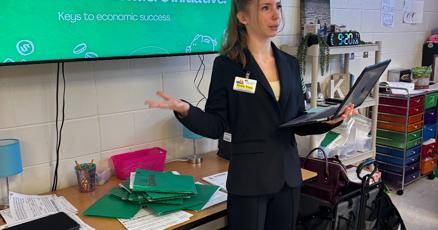The Growing Role of Politics in College Choice
In an era where politics permeates nearly every facet of daily life, its impact on higher education is becoming increasingly evident. As prospective students weigh their college options, political climate is emerging as a critical factor alongside traditional considerations like cost, academic reputation, and location. This shift underscores a broader societal trend where individuals align their choices—not just in education, but in lifestyle, employment, and residence—with their ideological beliefs. The question now is not just which school offers the best program, but which aligns with a student’s values in an increasingly polarized landscape.
Political Influence on Student Decisions
Shifting Priorities in College Selection
Recent surveys highlight this growing trend. Research by Echo Delta reveals that political concerns now account for roughly 20% of a student’s decision-making process. While affordability and academic quality remain paramount, the sociopolitical landscape—influenced by policies on abortion rights, gun control, and LGBTQ+ protections—is becoming a decisive factor. In some cases, students are even ruling out entire states based on their political leanings, Texas being a notable example among liberal applicants. On the conservative side, some students are reluctant to attend colleges in overwhelmingly progressive regions, citing discomfort with the prevailing political dynamics.
Data Revealing a Deep Cultural Divide
The data points to a significant cultural divide shaping higher education choices. A Carnegie study found that reproductive health rights in a given state are “very” or “extremely” important to 44% of students, demonstrating how legislative decisions influence academic ambitions. Similarly, a growing number of students view campus policies on speech, diversity, and governance as reflective of broader political trends, making these institutional stances crucial in recruitment efforts. Colleges are no longer judged solely on faculty excellence or research output; their ideological footprint is scrutinized just as closely.
How Universities Are Responding
Adapting Institutional Identity
In response, universities are navigating these ideological tensions with varying approaches. Institutions like the University of Chicago have carved a niche by championing free speech and intellectual diversity, appealing to students seeking politically neutral academic spaces. Meanwhile, colleges like Hillsdale take the opposite approach, firmly rooting themselves in conservative principles to attract like-minded students. Both strategies point to an emerging reality: universities can no longer afford to be politically agnostic in their recruitment efforts. Instead, they must carefully balance institutional identity with inclusivity, ensuring they remain appealing to diverse student cohorts without alienating key demographics.
The Role of Technology in Bridging Divides
As colleges grapple with these ideological shifts, the role of technology in bridging political divides could be a game-changer. AI-driven tools capable of analyzing student preferences could help institutions create tailored campus experiences that accommodate diverse perspectives. Digital platforms fostering political discourse in productive ways may also play a vital role in easing ideological divides on campus. However, as political considerations become increasingly ingrained in education choices, the challenge for higher education will be maintaining academic rigor and open discourse while adapting to fast-changing societal expectations.
The Future of College Selection
The future of college selection will likely continue to reflect broader political and cultural divisions. As students grow more engaged in policy issues, institutions must determine how to position themselves in an era where education is as much about values as it is about degrees.
For insights on how technology is influencing higher education, visit Epochedge education. To explore the broader societal impact of emerging technologies, check out Epochedge news.


